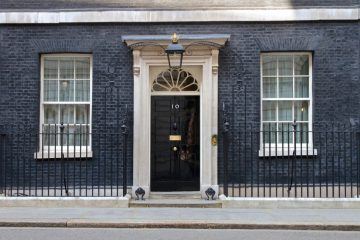Landlord fined after ignoring improvement notice
A buy-to-let landlord who failed to comply with an improvement notice has been hit with a fine and costs of almost £1,000.
Richard Barratt, of Gainsborough in Lincolnshire, was told to pay these costs having ignored the local councils’ order to improve a run-down property he was renting out in the region.
Failures
Mr Barratt admitted failing to take action following a prohibition order issued by West Lindsay District Council. Barratt was told to pay up within 14 days.
Pleading guilty to the charges, Mr Barratt was fined £550, with council costs of £335 and a victim surcharge of £56.
The court was told that West Lindsay District Council issued the prohibition order in November 2015, which required the property to either be improved or vacated by December 2015.
However, subsequent inspections found that the property was still let despite the order still standing and the required improvements not being made.

Landlord fined after ignoring improvement notice
Licensing
The council has recently introduced a Selective Licensing Scheme for the Gainsborough area in an attempt to reduce anti-social behaviour and standards of housing.
This requires every property in the area to be licensed and to comply with conditions set out by the council. A licence for five years costs £375 per property. All landlords in the region must apply for a licence, with failure to do so a criminal offence incurring fines of up to £20,000.
Standards
Councillor Sheila Bibb, chairman of West Lindsay District Council’s prosperous communities committee, noted, ‘poor property standards do affect the quality of living for local people and it is unacceptable.’[1]
‘Whilst West Lindsey District Council works closely with partners including landlords to support them, we will take enforcement action where necessary. Overall this is an excellent result and provides a clear example for landlords in West Lindsey that the council will take the necessary enforcement action in order to ensure that poor property standards are addressed.’[1]
‘I would like to thank our officers involved in this case for their due diligence.’[1]
[1] http://www.lincolnshireecho.co.uk/landlord-who-failed-to-repair-run-down-rental-property-faces-near-1-000-court-bill/story-29548782-detail/story.html







